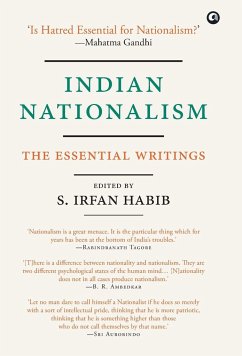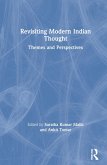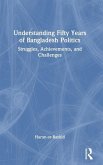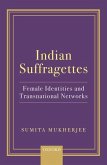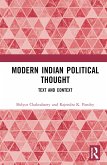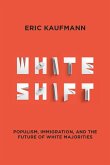How do we define nationalism? Who is a good nationalist? Do you become anti-national if you criticize the government? These are questions that overwhelm most debates today, but these discussions are not new. And while the loudest voices would have us believe that Indian nationalism is (and has always been) a narrow, parochial, xenophobic one, our finest political leaders, thinkers, scientists and writers have been debating the concept since the early nineteenth century and come to a different conclusion. Nationalism as we understand it today first came into being more than a hundred years ago. Studied by historians, political scientists and sociologists for its role in world history, it remains one of the strongest driving forces in politics and also the most malleable one. A double-edged sword, it can be a binding force or a deeply divisive instrument used to cause strife around political, cultural, linguistic or, more importantly, religious identities.

